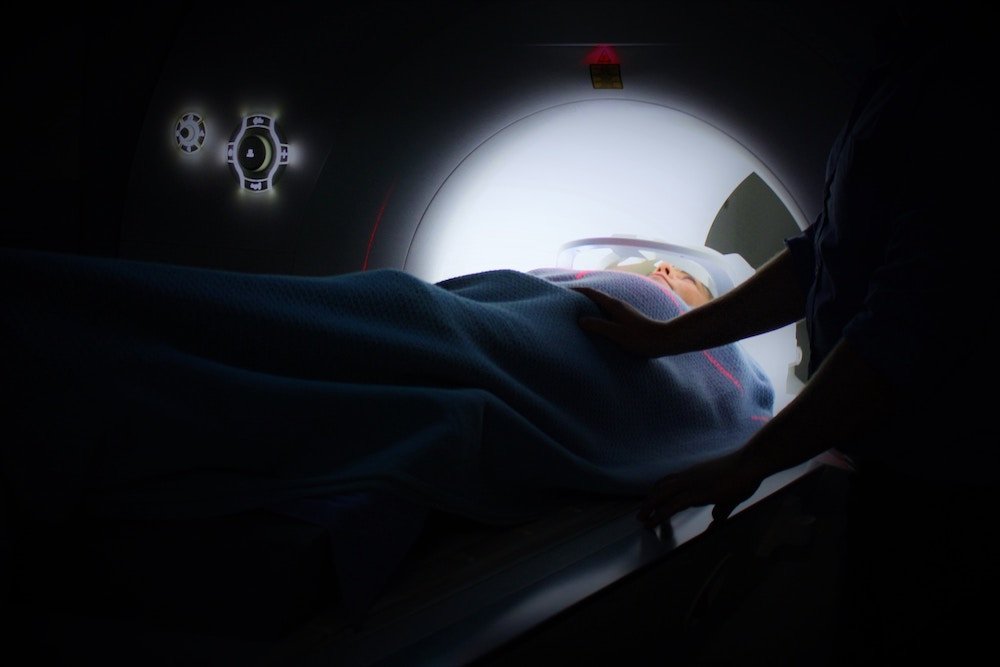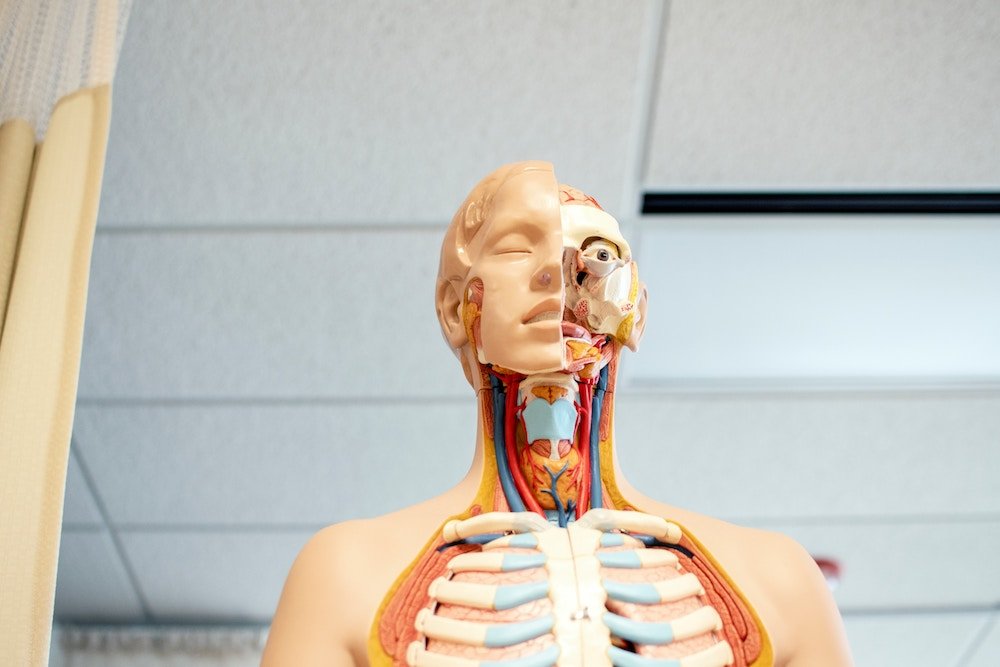It is important to understand what are the most beneficial vascular dementia treatment techniques and support since you can truly alleviate the condition.
Vascular dementia is a general term that represents one of the most common types of dementia. It occurs when the brain does not receive enough blood supply because of blood vessels that have been affected by the disease.
An illness that mostly affects seniors, it is said that one of out of four people above the age of 65 will get vascular dementia.
Unfortunately, there are still no approved pharmacological treatments available for anyone with this type of dementia.
This is not to say that individuals with the disease are usually left alone unattended.
There are several measures individuals with the illness and caregivers can take to manage the risk factors and health conditions that contribute to vascular dementia such as:
Best Vascular Dementia Treatments
Making Lifestyle Changes

The primary aim of vascular dementia treatment is to take care of any underlying causes that are making the condition to worsen.
One of the top things that a doctor may recommend is a lifestyle change for an individual with the illness. This usually involves a number of things such as:
- Losing weight if a person is overweight/maintaining a normal weight.
- Eating healthy foods – making sure you consume a balanced diet for each meal.
- Increasing regular physical activity.
- Quit smoking.
- Cutting down on alcohol intake or giving up drinking altogether.
Making healthy lifestyle changes is key to helping you maintain a healthy body that will effectively combat a majority of the health issues that are associated with vascular dementia.
Therapies

There are different types of therapies that may be beneficial to a person who has vascular dementia.
These help to make day to day living a bit easier. Examples of such include:
- Psychological therapies – These help to enhance problem-solving skills, memory, and language abilities.
- Occupational therapy – Experts who facilitate this type of therapy usually identify the problem areas that individuals with vascular dementia face on a daily basis. It can include anything from dressing up properly to eating. The experts then offer practical solutions to tackle the problems amicably.
- Physiotherapy – This typically helps the persons who have difficulties with movement.
Medication

It’s also common for people with vascular dementia to take meds as part of vascular dementia treatment.
These do not take care of the condition but help treat some of the medical issues that individuals with the illness usually get.
Some of the most common medications that medics prescribe help to treat diseases like:
- High blood pressure
- Diabetes
- Blood clots
- High cholesterol
- Heart problems
- Reducing the risk of stroke, etc.
Anyone who is taking different types of medicines needs to communicate this clearly to their physician.
This way, the professionals will know the drugs to add or eliminate so that there is no interaction that will hurt the person with vascular dementia.
Managing Stress

Many people with vascular dementia go through stress for one reason or the other. Being stressed does not help at all because stress also contributes to other medical conditions like heart diseases and blood pressure.
You need to find ways to relax so that you can manage stress to avoid going through other medical issues because of stress.
There are a number of relaxation techniques you can try when you feel like things are getting out of hand. These include:
- Yoga
- Deep breathing
- Meditation
- Rhythmic exercise
You can also engage one or more of your senses i.e. taste, sound, sight, touch, smell, or even imagination to reduce stress at a given moment fast.
Engaging the Brain

Another option available for a person seeking vascular dementia treatment is challenging the brain. Understand that the brain remains capable for the entire lifetime of a person.
This simply means that a person can enhance the ability to retrieve and even retain memories. It’s advisable that a person with this kind of dementia sets some time either in the morning or in the evening to build memory capacity.
Activities that may help with this include learning new skills such as painting, a new language or anything else that interests an individual.
If you do this consistently, you will notice beautiful results after some time.
Having Fun

After a vascular dementia diagnosis, you may feel the need to sulk and get lost in a world of your own. It is important to fight this urge because it will do you no good.
After getting over the initial shock, it is vital to note that life must move on. If you do not want the disease to progress at a speedy rate, you must make a point of having some fun.
Playing, laughing, and doing things that you enjoy doing are excellent ways to reduce worry and the monster that is stress.
Happiness can be a game-changer inspiring lifestyle changes and may compensate for cognitive and memory losses as well as stop further strokes.
Join a Support System

It may be a relief to know that you are not the only person with vascular dementia. You can join forces with other people out there who share the same predicament.
It can help to make the burden even lighter as you interact with other people. Share your experiences as you tackle the journey ahead. Being in a group is therapeutic because you can also learn new ways of managing the condition.
You can look for a support group easily online to find the ones that are closest to you.
This way, you do not have to think about the troubles of traveling just to be with other people who share the same illness.
Create a Personal Support Network

Support groups are not all about people who share the same illness. You can also seek encouragement and assistance from other people such as:
- Friends
- Family
- Church members
- Colleagues
- Neighbors
- A spouse
- Health care experts, etc.
If you are still not at the stage when you need round the clock assistance, spending time with other people that you love or care about can help you better cope with your condition.
Relying on one person may not really work out well especially if they are not professional caregivers.
This is why it helps to have more than one person to lean on. It even makes the other party more willing to spend time with you and offer the assistance you need.
Managing Memory Loss

Learning how to manage the symptoms of vascular dementia goes a long way as part of vascular dementia treatment.
One of the most significant symptoms has got to be memory loss. You must learn practical ways to manage this loss while staying as realistic and optimistic as possible.
While it may not be possible to bring back everything you have lost, it can still help to make a difficult situation more bearable.
Things you can do to help with memory loss include:
- Using memory aids
- Following regular routines
- Clearly communicating your needs
- Maintaining social activity
- Being upfront about your current condition
- Being patient with yourself
- Accepting help when other people offer
Home Modifications

If a person with vascular dementia will be staying at home, it is best to create a stable and supportive environment where they will thrive without too many problems.
Modifying the home is one of the steps that help to reduce any potential stressors that may disorient or agitate the individual with dementia. Some of the things to remove from the house are mirrors that reflect other surfaces.
Also, items that can cause loud and identifiable noises, patterned wallpaper, and colors that contrast highly. If an individual has problems with moving around, they can transfer to the ground floor.
This way, that they are not always tasked with the responsibility of moving from one level to another.
Being Part of a Clinical Trial

The fact that there is still no definite vascular dementia treatment does not mean that researchers and other professionals are not out there trying.
If you are willing, you can become part of a clinical trial that is testing new interventions and treatments to help detect, prevent, manage, or treat the disease.
This, however, requires a lot of due diligence on your end. You must get all the information you need about a particular trial before deciding to be a part of anything.
Seek advice from your doctor on whether a specific study will be beneficial. Your loved ones can also help you make a wise decision about these clinical trials.
Nursing Home Care

Home care for some people who have vascular dementia may not be viable after a while. This means that you should look into nursing homes or any other types of care homes that will be able to accord the type of assistance you need.
Although it may be a hard decision to make at times, there are several good things to look forward to in such homes as:
- Around the clock care.
- Assurance that the individual with the condition is somewhere safe.
- Interaction and social activities with other residents, and much more.
Be sure to do your homework well to find a suitable care home that will meet the needs of the individual with the illness well.
Lower blood pressure

Keeping your body healthy and fit is crucial when it comes to vascular dementia. That said, even when it comes to blood pressure, you need to keep it low.
Or, if you are a caregiver or a family member of a patient with dementia, you need to do whatever it takes to get the blood pressure down.
There are tons of different ways that help lover it. From increasing daily activities and losing weight to removing refined carbohydrates from the diet, eating less sodium and staying away from processed food.
Stop drinking alcohol and smoking is also a must. As mentioned earlier, reducing excess stress will also do you and the patient with dementia nothing but good.
A few extra options:
- Meditation or yoga
- Dark chocolate
- Omega 3
- Protein foods
- Lower caffeine intake
Final Thoughts
Even though there is still no sure vascular dementia treatment, controlling the conditions that are associated with the illness can slow down the rate at which the condition worsens. At times, it may even prevent further decline.
People with the illness, as well as their caregivers, need to put their best foot forward to ensure that the individual ends up living a good life in spite of what is going on.







